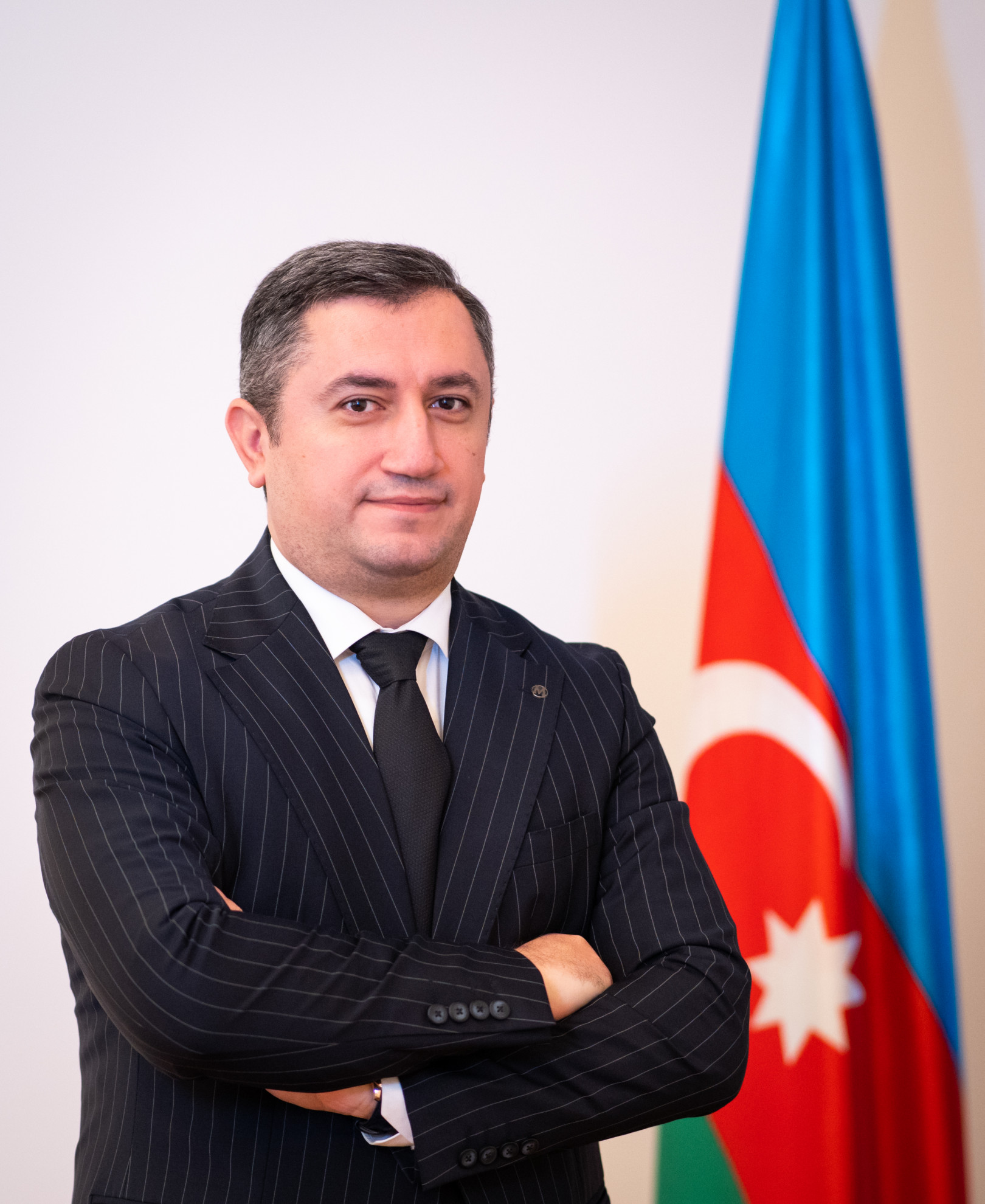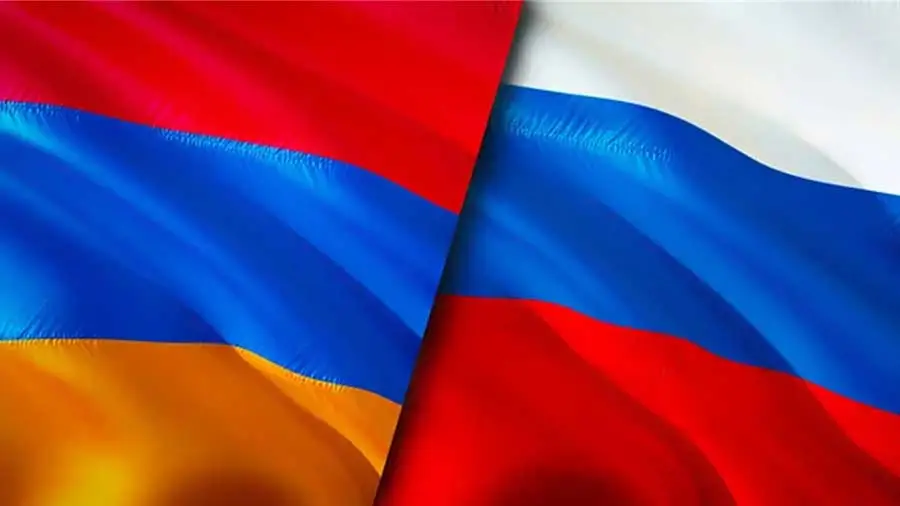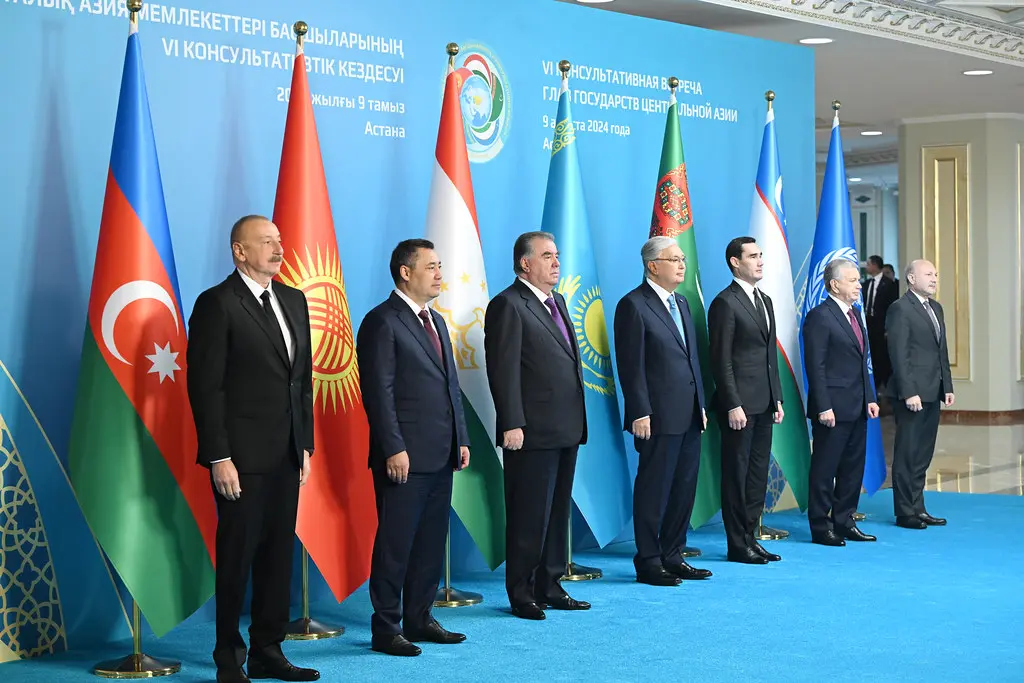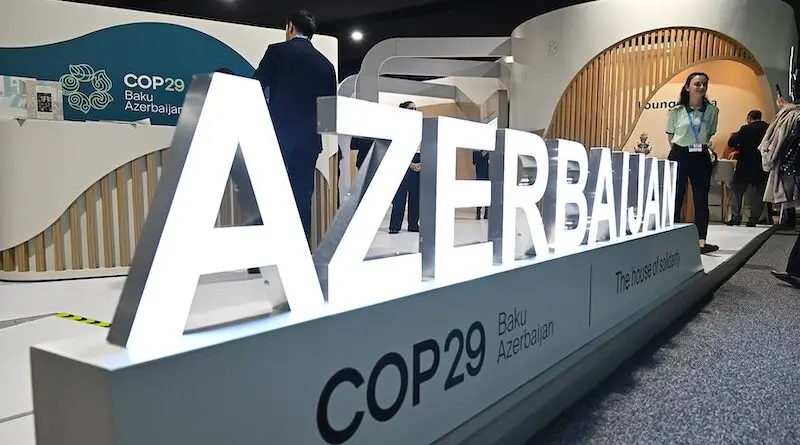Over the past four years, mutual verbal exchanges and diplomatic tensions between Armenian and Russian officials have been accompanied by Yerevan’s attempts to shift closer to the West. Armenia’s efforts to establish closer ties with the Western world have created the image of a serious crisis in its relations with Russia. Armenia seeks to forge comprehensive agreements with the European Union and expand its contacts with the United States, yet despite these diplomatic maneuvers, the military-political alliance between Armenia and Russia remains intact.
Armenia’s borders with Turkey and Iran are still guarded by Russian border guards, and the 102nd Russian military base in Gyumri remains operational. These military-strategic realities demonstrate that Armenia has not made any fundamental changes in its relations with Russia. Despite its overtures toward the West, Armenia’s dependence on Russia’s military and economic influence remains absolute. This highlights the paradox in Armenia’s foreign policy: a political crisis with Russia coexists with ongoing military-strategic and economic ties.
Another significant aspect of this relationship is the rapid growth of economic relations between Armenia and Russia. If we examine the trade turnover in recent years, it increased from 2.6 billion USD in 2021 to 7.4 billion USD in 2023, with expectations that this figure could rise to 14-16 billion USD by 2024. This growth affirms the strengthening of the economic component of the strategic relationship between the two countries. While the Pashinyan government has denied allegations that it is helping Russia circumvent sanctions, the facts speak for themselves. The significant increase in Armenia’s exports to Russia solidifies Armenia’s role in helping Russia break through sanctions.
In this context, Armenia’s efforts to develop economic ties with Russia create another paradoxical situation. On the one hand, Yerevan seeks closer relations with the West, but on the other, it remains economically dependent on Russia. The substantial increase in Armenia’s exports to Russia and trade turnover during the period of Russian sanctions underscores the deepening of economic relations between the two countries. This confirms that Armenia remains economically within Russia’s sphere of influence.
What is particularly notable is the West’s silence in the face of this economic growth. If another regional country engaged in such intensive trade relations with Russia, the West would likely respond with harsh measures. However, the West’s silence regarding Armenia’s economic maneuvers reveals a selective approach. The West does not penalize Armenia for this policy, although similar actions by other regional players would provoke a severe reaction. This selective approach raises numerous questions about Western regional policy.
Although it is difficult to make precise predictions about the future of Armenia-Russia relations, certain trends can be observed. The internal political dynamics within Armenia and the varying perspectives among different segments of society regarding Russia will play a crucial role in shaping future relations. In this sense, Armenia’s overtures to the West, particularly the pro-Western policies of the Pashinyan government, have turned its relationship with Russia into a diplomatic battleground of sorts.
Thus, the paradoxical aspects observed in Armenia-Russia relations remain one of the key factors shaping the political landscape of the region. Armenia’s overtures toward the West and its maneuvers against Russia could lead to new stages of geopolitical confrontation in the future. These confrontations will affect not only Armenia’s foreign policy but also those of other countries in the region. Armenia’s current state of geopolitical “splits” between the West and Russia will have a long-term impact on its security and economic interests. Maintaining a balance between these two powers may not be a sustainable solution for Armenia in the long term, as both powers place limits on Armenia’s independent maneuvers and hinder the formation of clearer directions in its foreign policy.
In conclusion, the future trajectory of Armenia’s foreign policy will largely depend on the outcome of the ongoing geopolitical confrontations between Russia and the West. Armenia’s indecision between seeking closer ties with the West and maintaining its reliance on Russia hinders its ability to establish a more stable and powerful position in the region. This situation will also affect Armenia’s domestic politics, potentially leading to increased tensions between pro-Western and pro-Russian political forces within the country.
https://www.eureporter.co/world/russia/2024/10/28/paradoxical-aspects-in-armenia-russia-relations/








